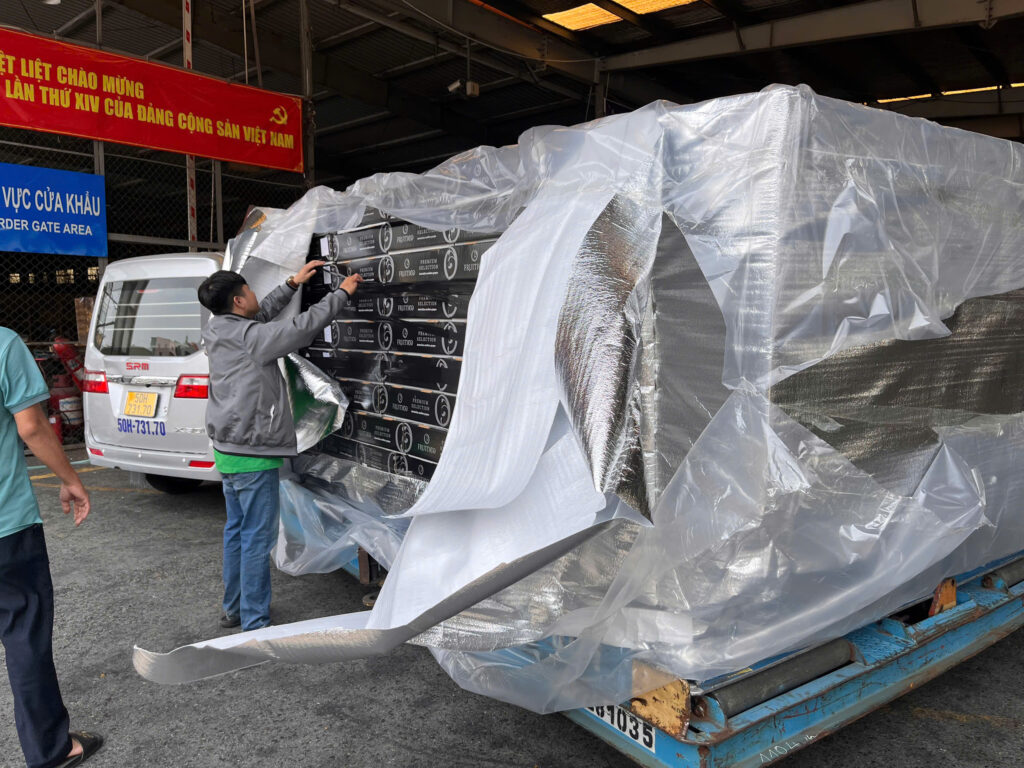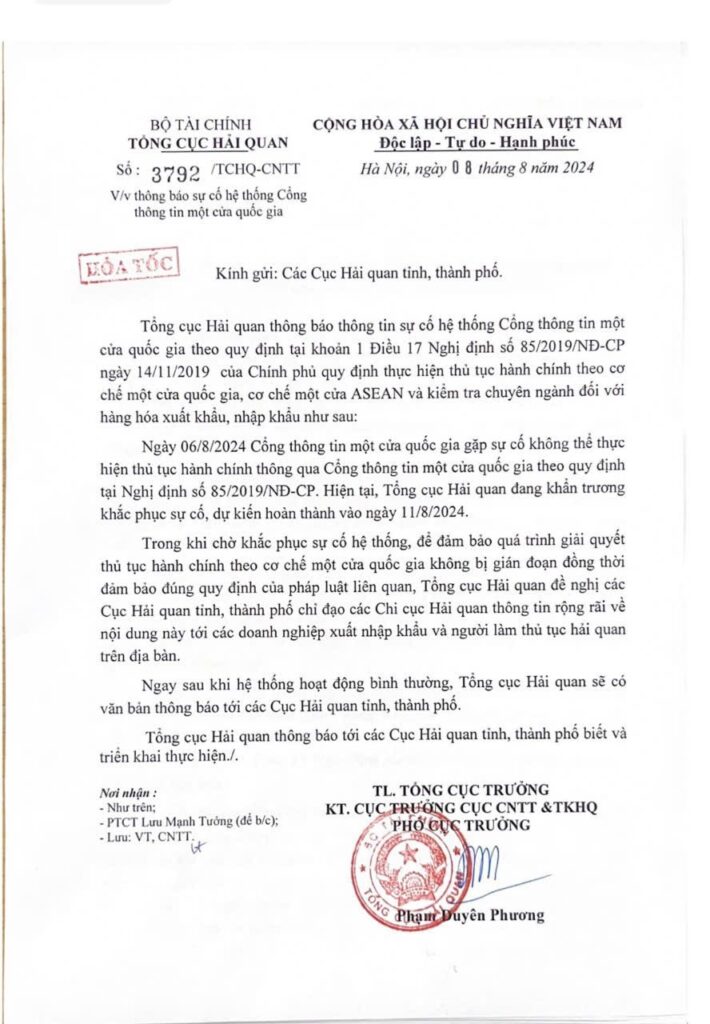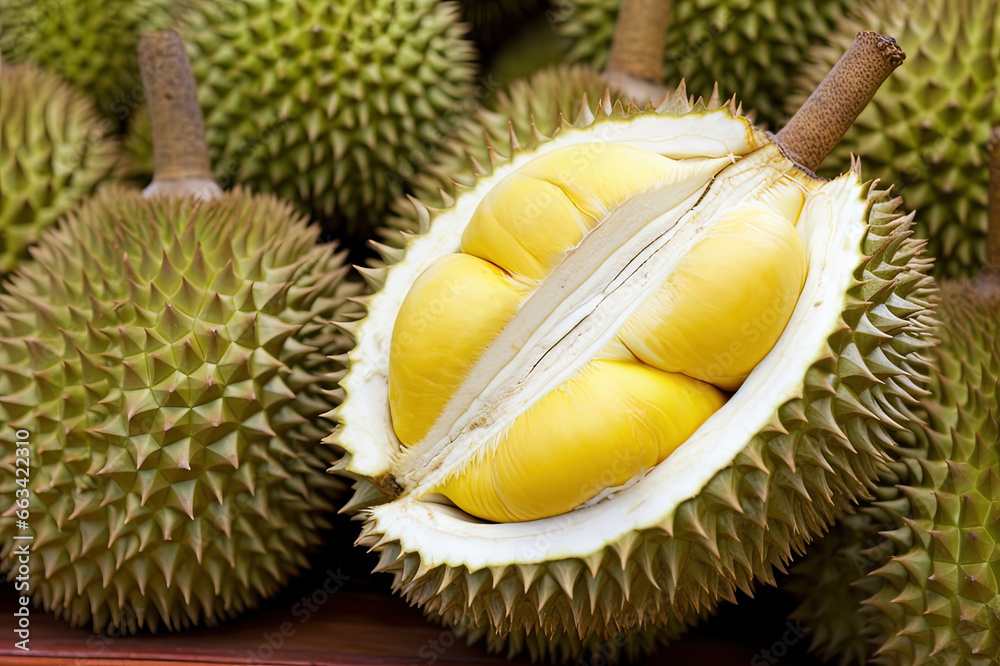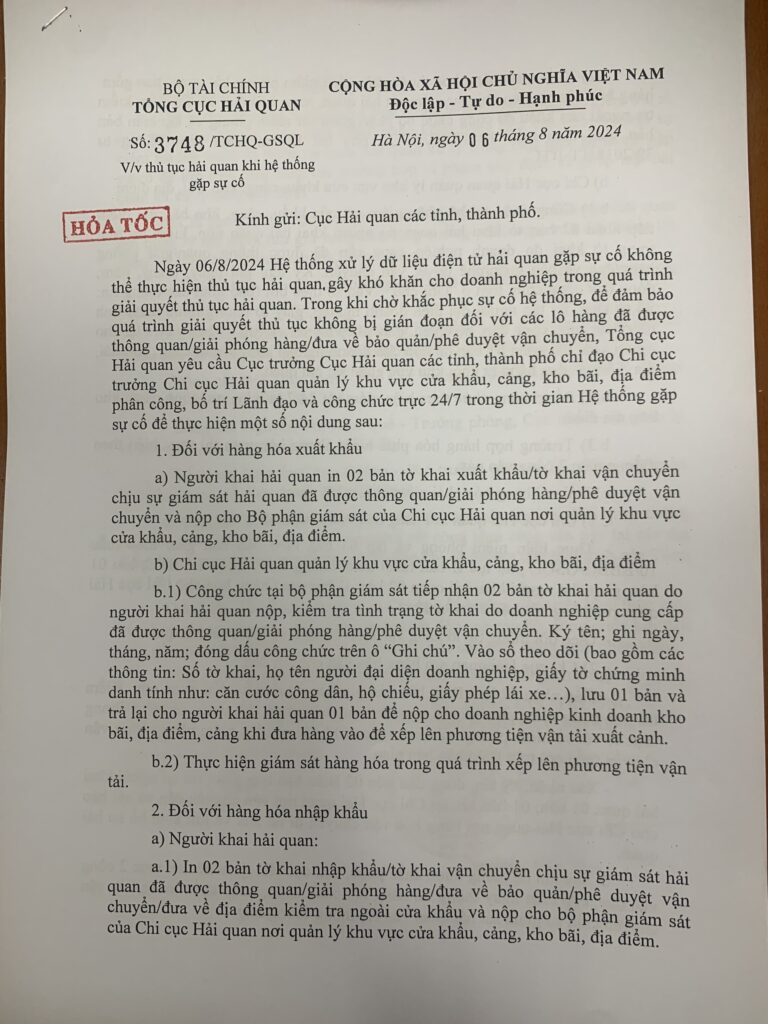Special relationship
1.1. Buyer and the seller has a special relationship if it falls into one of the following cases:
a) Both are employees or one person is an employee and the other is a director in another enterprise;
b) Both are partners contributing capital in a business recognized by law;
c) Being an owner and an employee;
d) The seller has the right to control the buyer or vice versa;
d) Same third party control;
e) Joint control of a third party;
A person who has the right to control another person specified in Points d, dd, e of this Clause is a person who can directly or indirectly restrict or direct that other person.
g) Have one of the following family relationships: Husband and wife, parents and children recognized by law, grandparents and grandchildren related by blood, aunts and uncles and nieces and nephews, siblings, siblings-in-law and son-in-law;
h) A third person owns, controls or holds 5% or more of voting shares of both parties;
i) Parties associated with each other in business, in which one party is the exclusive agent, exclusive distributor or exclusive transferor of the other party are considered to have a special relationship if the relationship is That is in accordance with the provisions of one of the points from point a to point h above.
1.2. The special relationship between buyer and seller does not affect the transaction value if one of the following two conditions is met:
a) Sales transactions between buyers and sellers are conducted as sales transactions with buyers who do not have a special relationship with the seller and import the same goods to Vietnam. The customs authority must conduct an examination of the manner in which the buyer and seller establish the trading relationship and the manner of negotiation to achieve the declared price, thereby drawing a conclusion as to whether the declared value has been influenced by special relationship or not;
For example:
– The purchase price of imported goods is negotiated and agreed upon in the commercial contract in a manner consistent with the normal price negotiation and agreement practices of that industry or in the manner in which the seller sets the purchase price. sell goods to other unrelated buyers.
– The price of buying and selling imported goods includes both general costs and profits, corresponding to the general costs and profits of selling goods of the same grade or type.
b) The transaction value of the imported goods is approximately one of the following values of the shipment exported to Vietnam on the same day or within a period of 60 days before or 60 days after the date of export of the shipment are proving:
b.1) Customs value is determined according to the transaction value method of identical or similar imported goods sold to another importer who has no special relationship with the exporter (seller). ;
b.2) The customs value of identical or similar imported goods is determined according to the deductible value method specified in Article 10 of Circular 39/2015/TT-BTC;
b.3) The customs value of identical or similar imported goods is determined according to the calculated value method specified in Article 11 of Circular 39/2015/TT-BTC.
1.3. The customs values specified in Point b, Clause 1.2 above are only for comparison purposes and must adjust the customs values of identical imported goods and similar imported goods under the same trading conditions as the goods. Imported goods are proving:
a) Adjustments to the same trading conditions: Adjustments to the customs value of imported goods that are identical or similar to the same trading conditions with the shipment being demonstrated are carried out according to the provisions of Point b, Clause 2 Article 9 Circular 39/2015/TT-BTC or;
b) Adjust amounts that must be added and amounts that must be subtracted according to regulations.
1.4. Procedures for declaration and inspection:
a) Customs declarant:
a.1) At the time of registering the customs declaration, in case the buyer and seller have a special relationship but does not affect the transaction value, the customs declarant must declare it on the import goods declaration. and customs value declaration (if any);
a.2) Provide documents demonstrating a special relationship that does not affect the transaction value when requested by the customs authority, specifically:
a.2.1) Documents showing that the sale transaction is conducted as a sale transaction between people without a special relationship (if any);
a.2.2) Documents showing the transaction value of the goods being determined by customs value, approximately or equal to the transaction value of identical or similar goods traded between the parties no special relationship (if any);
a.2.3) Other relevant documents and vouchers showing a special relationship that does not affect the transaction value (if any).
b) Customs authorities inspect and handle as follows:
b.1) In case the buyer and seller have a special relationship but the customs declarant does not declare on the customs declaration or customs value declaration (if any), the customs authority requires the declarant to Additional declaration according to regulations at Article 29 of the Customs Law, sanctioning administrative violations according to regulations;
b.2) In case of suspicion that the special relationship between the buyer and the seller affects the transaction value of imported goods, the customs authority must compare the transaction value of the imported goods with values specified in point b, clause 1.2 above.
b.2.1) If the transaction value meets the conditions stated in point b, clause 1.2 above, the customs authority accepts a special relationship that does not affect the transaction value;
b.2.2) If the transaction value does not satisfy the conditions stated in point b, clause 1.2 above, the customs authority requires the customs declarant to provide information and documents mentioned in point a.2 of this clause to prove bright.
b.2.2.1) If there is enough information and documents to determine the special relationship does not affect the transaction value or there is not enough basis to determine the special relationship affects the transaction value, then accept the customs value determined and self-declared by the customs declarant;
b.2.2.2) If there are enough documents to determine the special relationship affecting the transaction value, then reject the customs value determined and self-declared by the customs declarant; Determine customs value according to the principles and sequence of methods specified in Circular 39/2015/TT-BTC (amended and supplemented in Circular 60/2019/TT-BTC).
b.3) The customs authority does not determine a special relationship that affects the transaction value if the following conditions are met:
b.3.1) The customs authority has checked and accepted the special relationship does not affect the transaction value;
b.3.2) The transaction value of the imported goods whose value is being inspected remains unchanged compared to the transaction value of identical imported goods whose transaction value has been inspected and accepted previously.





